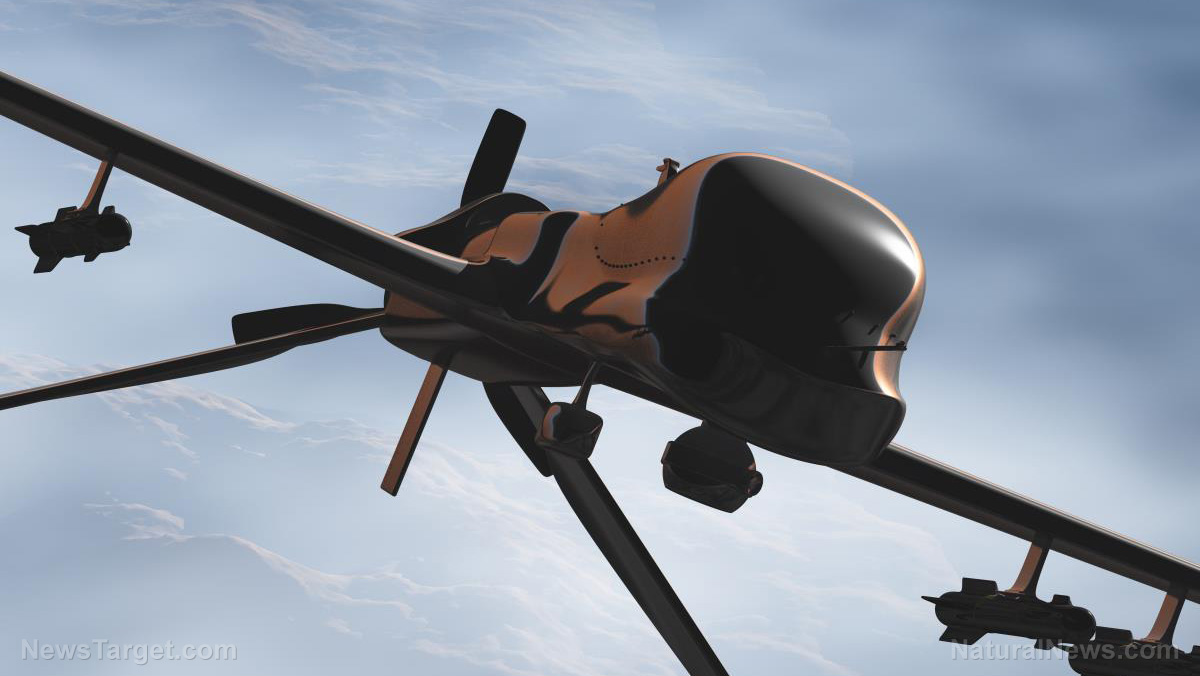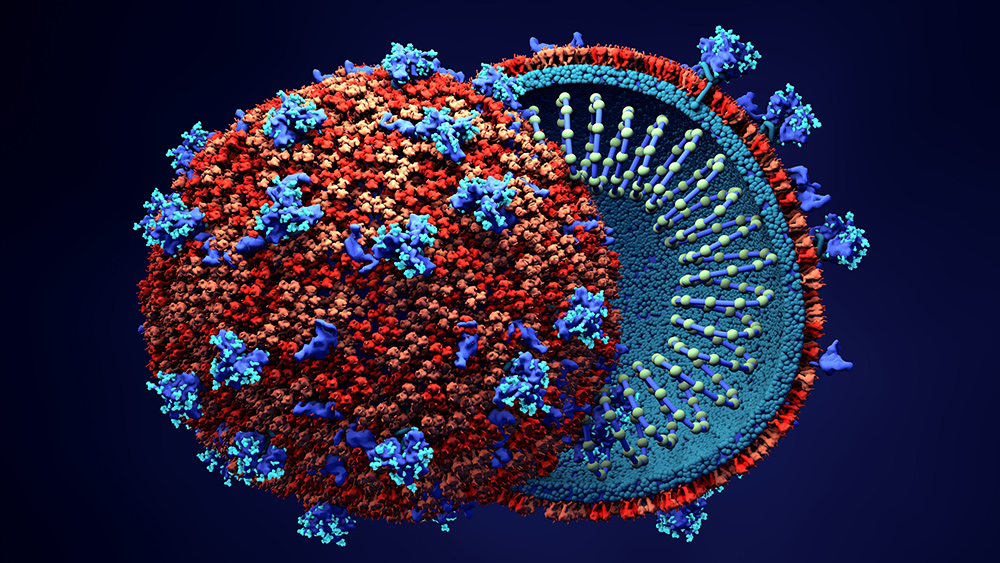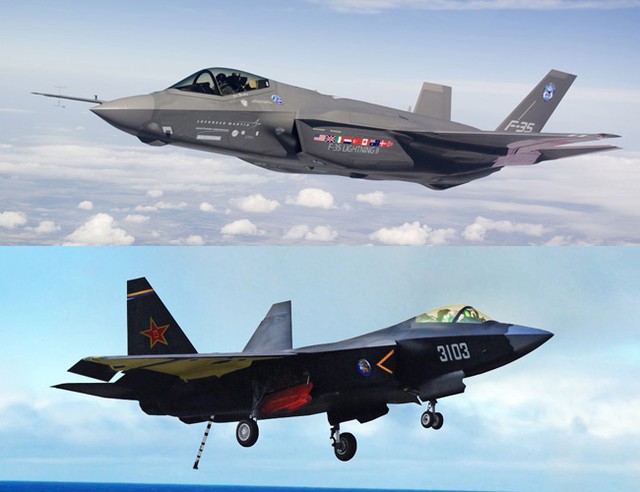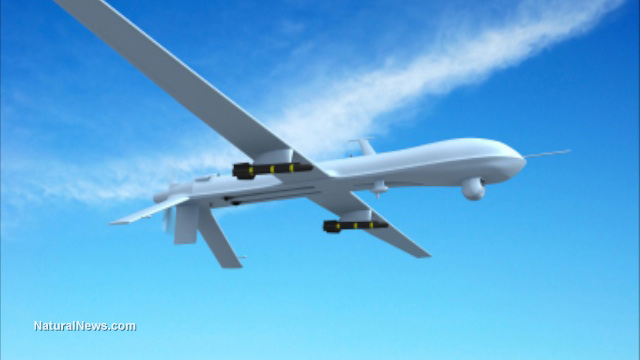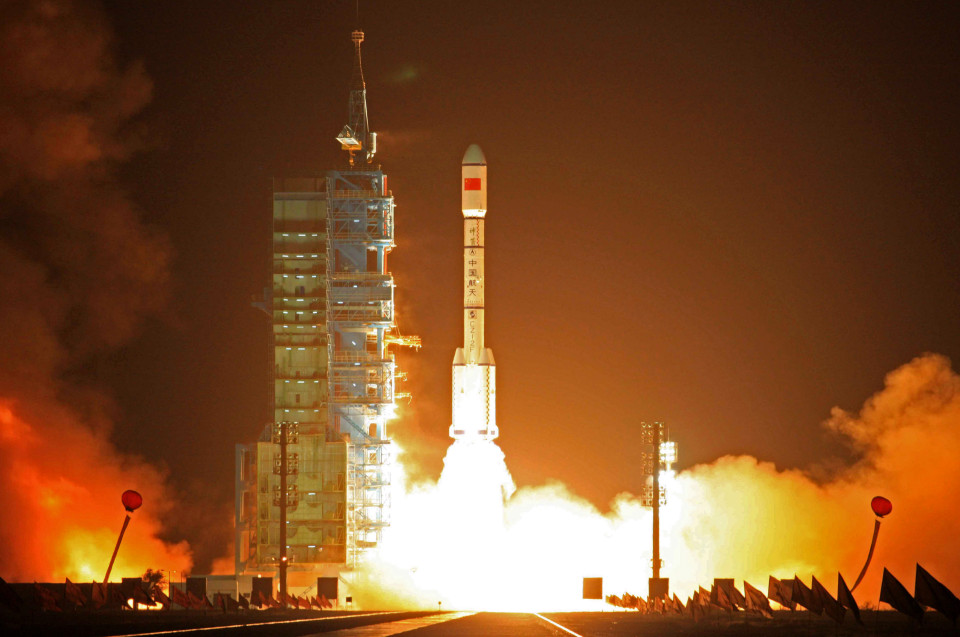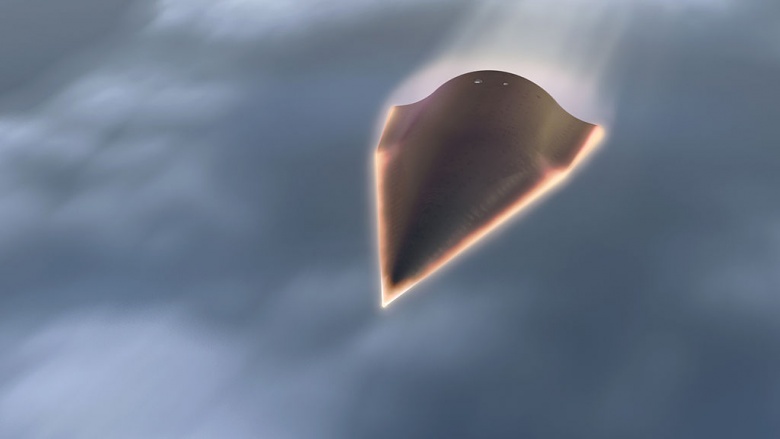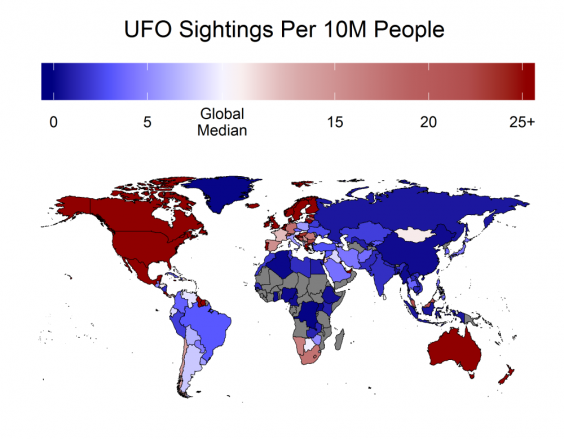A Communist takeover? Chinese military researcher admits stealing data, layouts from US university
07/05/2020 / By Michael Alexander
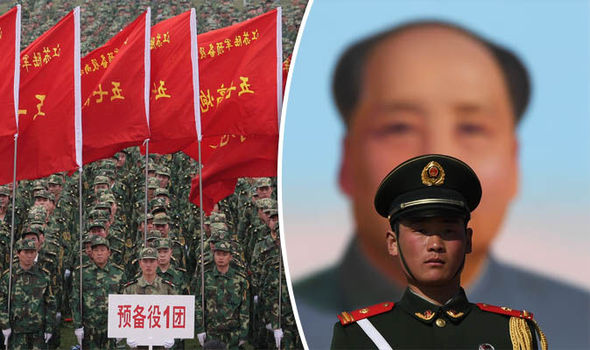
A Chinese medical scientist who spent a year on a fellowship in San Francisco has been arrested and charged with visa fraud, federal prosecutors announced Thursday.
The scientist, Xin Wang, 36, was charged with one count of visa fraud for failing to disclose on his visa application that he is an active-duty member of China’s armed forces, the People’s Liberation Army.
According to Fox News, Wang, who was in possession of university research materials from the University of California at San Francisco (UCSF), was arrested at the Los Angeles International Airport (LAX) as he was attempting to board his flight to Tianjin, China.
As per the report, the suspect purportedly admitted to Customs and Border Protection (CBP) that he is currently a “Level-9” technician for the PLA, and that he is employed by a Chinese military medical university. According to the Federal Bureau of Investigation (FBI), this position “roughly corresponds with the level of major” in the military.
This, the report said, contradicts the information Wang put on his U.S. visa application, where he said that he served as an “associate professor in medicine” in the PLA from 2002 to 2016.
Wang, according to the FBI, intentionally made false statements about his history of military service in an attempt to increase the chances of authorities approving his visa application. (Related: Grand jury indicts Harvard professor for lying about receiving funding from communist China.)
In the report, Wang also allegedly told the CBP officers that his employer instructed him to document the UCSF laboratory’s layout so that they could replicate it in China. He also allegedly carried UCSF studies on his laptop and digital storage device, all of which were intended to be shared with his colleagues in the Communist army.
U.S. Customs officials also noted that Wang, aside from admitting to sending research materials to his lab in China via email during his stay at UCSF, also allegedly wiped WeChat messages from his cellphone the day he tried to fly back to his home country.
On Monday, Wang appeared before a federal magistrate in Los Angeles, who then ordered that he be held in custody until a further detention hearing. According to authorities, he could face up to 10 years in prison as well as pay a $250,000 fine if found guilty.
The Department of Justice said in an email to Epoch Times that it had no comment regarding the possibility of additional or different charges against Wang in the future.
A spy network?
Wang’s arrest is the latest in what has recently become a string of U.S. criminal cases about purported Chinese espionage within the academe.
According to Bill Evanina, the top counterintelligence official in the Office of the Director of National Intelligence, this can be traced back to the fact that American universities act as incubators for technology and innovation.
“A lot of our ideas, technology, research, innovation is incubated on those university campuses. That’s where science and technology originates — and that’s why it’s the most prime place to steal,” Evanina said in an interview with NBC.
The FBI, as a response to what they say is “systematic espionage” from Beijing, has since resorted to pushing universities and research institutions and centers to tighten up their policies regarding graduate researchers and professors, especially those policies and rules related to their outside relationships, travels and possible conflicts of interest.
“No country poses a greater, more severe or long-term threat to our national security and economic prosperity than China,” said FBI agent Joseph Bonavolonta, noting that the Chinese Communist Party’s ultimate goal is to replace the U.S. as the world superpower.
According to authorities, Beijing plans to achieve this with the help of its “Thousand Talents Program.”
Established in 2008 by the central government of China, the program recruits scientists and experts in research, innovation and entrepreneurship in a bid to create a highly-skilled national workforce for their country.
The program, according to IB Times, does this by offering scientists and experts top salaries and lab facilities back home if they return.
American authorities, however, claim the program also induces them to sign secret contracts that “violate U.S. research values.”
This was highlighted in a bipartisan November report by the Senate Permanent Subcommittee on Investigations, which noted that the contracts signed by the researchers and scientists contain provisions that violate the American government’s standards in terms of research, including transparency, reciprocity and integrity.
According to Robert Daly, the director of the Wilson Center’s Kissinger Institute on China and the United States, the fears and concerns of the FBI and other American institutions surrounding China are valid, especially given the efforts by Beijing to acquire U.S. research through “devious means.”
Trump issues ban on Chinese military-linked graduate students, researchers
In an attempt to address the espionage allegedly being conducted by Beijing on American university campuses, President Donald Trump has issued a proclamation barring the entry of Chinese graduate students and researchers with ties to China’s military to the U.S.
“For years, the government of China has conducted illicit espionage to steal our industrial secrets, of which there are many,” Trump said, adding that he will suspend the entry of “certain foreign nationals from China,” most of whom have been identified as being “potential security risks.”
According to the president, this measure will be another step at ensuring the security of vital university research.
As reported by Newsweek, Trump’s edict will only impact a tiny percentage of the approximately 360,000 Chinese students on American soil, as it pertains solely to individuals with direct ties to the Chinese military.
The proclamation, which took effect on June 1, does not affect permanent residents of the US or their spouses, nor will it affect those whose entry into the country is considered by the Trump administration to be “in the national interest.”
Sources include:
Tagged Under: acadamia, Beijing, case, China, communism, Communist Party, corruption, court, cyber war, Department of Justice, DOJ, espionage, fraud, hacking, indictment, intellectual property, legal, lies, national security, nationan institutes of health, President Trump, technology, theft, Thousand Talents, treason, university research
RECENT NEWS & ARTICLES
COPYRIGHT © 2018 MILITARYTECHNOLOGY.NEWS
All content posted on this site is protected under Free Speech. MilitaryTechnology.news is not responsible for content written by contributing authors. The information on this site is provided for educational and entertainment purposes only. It is not intended as a substitute for professional advice of any kind. MilitaryTechnology.news assumes no responsibility for the use or misuse of this material. All trademarks, registered trademarks and service marks mentioned on this site are the property of their respective owners.




